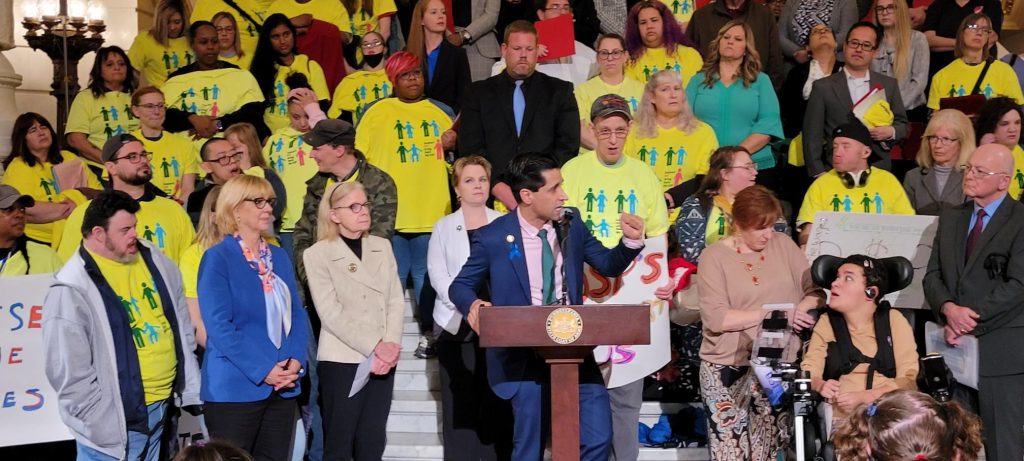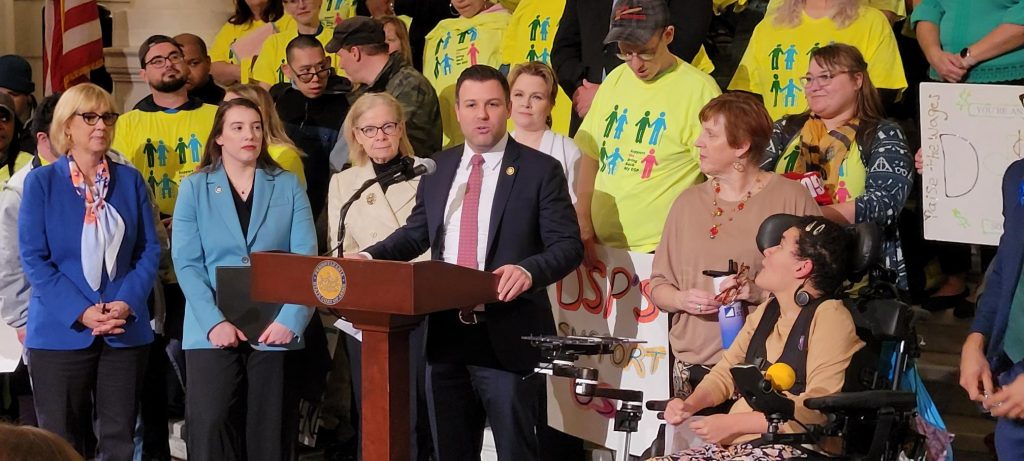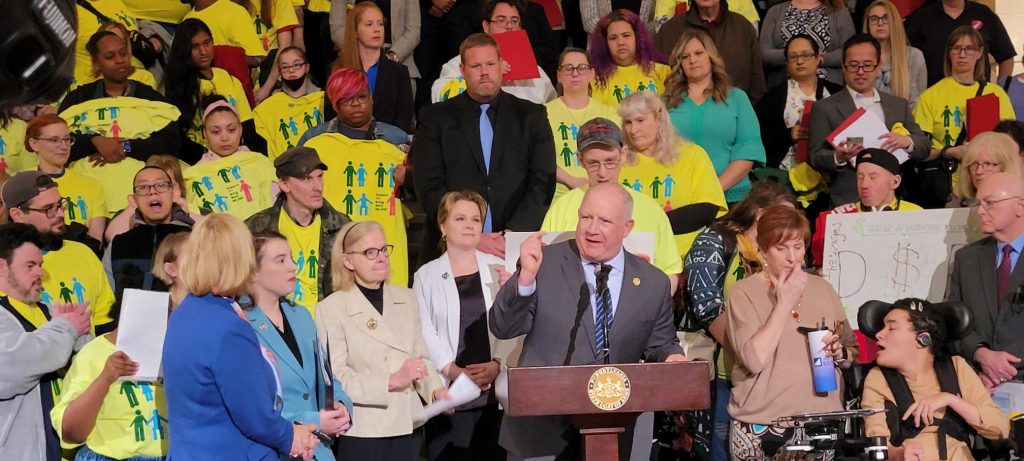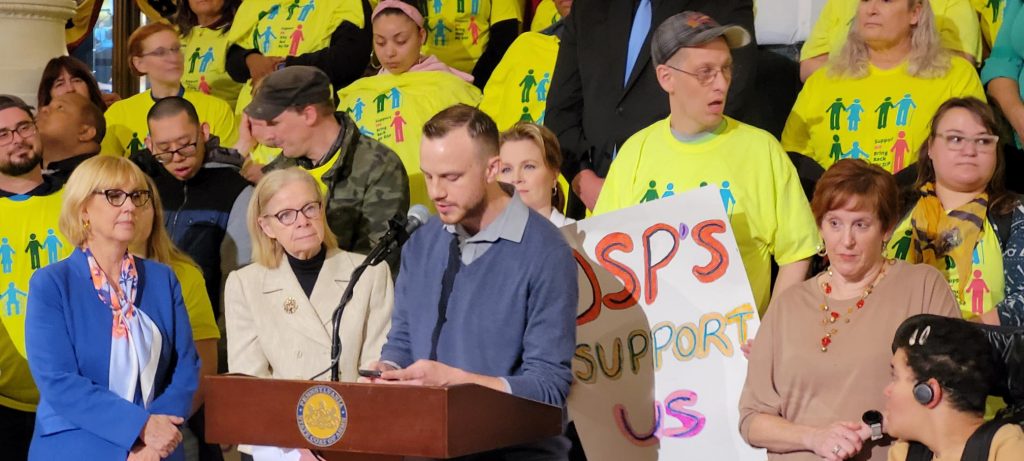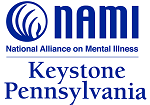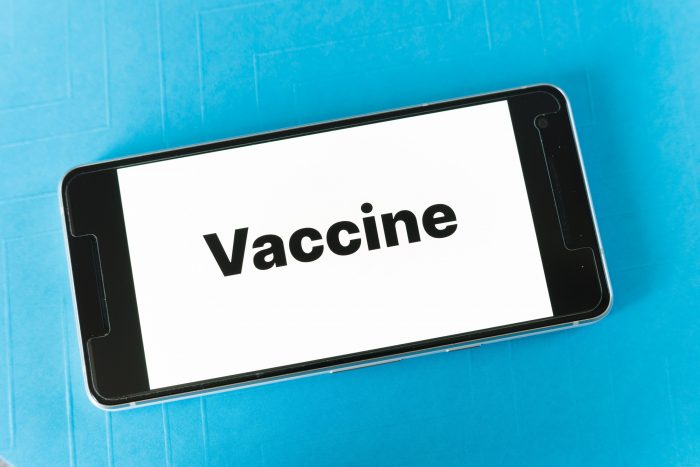In 2020, the Office of Developmental Programs (ODP) Bureau of Supports for Autism and Special Populations (BSASP) clinical team implemented a triage process to prioritize clinical support for participants and teams with high-risk needs. Currently, those participants deemed high-risk are assigned one clinical rep to consult with teams and ensure continuity of support. All other participant teams reach out to the clinical team as needed, but the clinical rep varies depending on the need at that time. The triage process remains fluid, and as participant’s needs change, risks increase, or new concerns arise, so will the level of clinical support. The triage levels are determined by multiple factors, including the information identified within the Periodic Risk Evaluation (PRE) and incident history. This triage process only applies to the ODP-BSASP Clinical Team and does not change any involvement, operational processes, or responsibilities of the Regional Office and the Regional Office Representatives.
New AAW Clinical Referral Process
In an effort to maximize the clinical team resources and triage team needs efficiently, the clinical team is implementing a new referral process for participant teams in the Adult Autism Waiver (AAW) in need of clinical support effective May 15, 2023. This new process will require Supports Coordinators (SCs) to complete an online form to share information about the type of support requested. View the full announcement here. The referral form is titled Referral for ODP/BSASP Consult for AAW Participants.
If you have any questions about this communication or process, please contact the Provider Support inbox.











